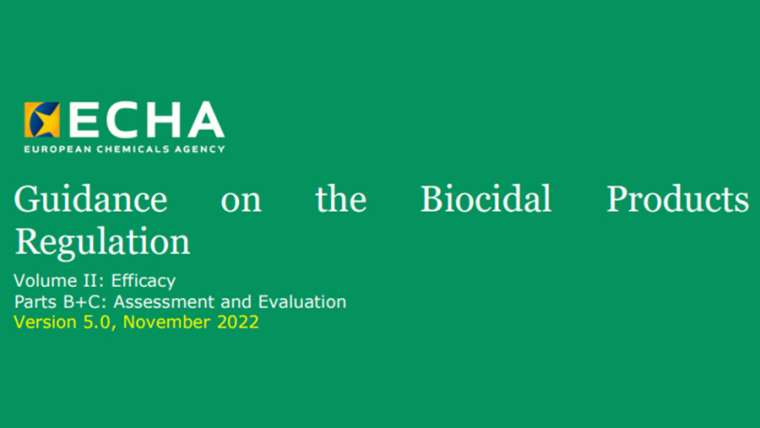ECHA’s Integrated Regulatory Strategy aims to speed up data generation, identification of groups of substances of concern, and regulatory action, in order to clarify which registered substances are a high priority for regulatory risk management or data generation.
This process also ensures and promotes the cooperation between ECHA, Member States and the European Commission.
Since group assessments became the main focus, from 2019 to the end of 2021, a total of about 3800 substances have been assessed, including 134 phthalate and phthalate-like substances and 148 bisphenols.
ECHA’s fourth annual report, released in June 2022 under its Integrated Regulatory Strategy has shown that considerable progress has been made on accelerating the pace at which regulatory actions are identified for substances of concern.
Indeed, in 2021, assessments were finalised for more than 1900 substances, mostly grouped based on their structural similarity. This was 30% more than in 2020. Around 300 of these substances require risk management measures, while the remaining 800 need more data to be generated.
Some of the assessed substances need to be restricted and have been included to the European Commission’s Restrictions Roadmap. The assessments will continue to feed into the roadmap and directly contribute to the aims of the EU’s Chemicals Strategy for Sustainability and the Green Deal.
But hazards need to be confirmed before risk management actions can start, and more data is often first needed. Companies need to proactively update their registrations with up-to-date information to avoid regulatory actions being planned based on outdated data.
ECHA’s report also highlights a steep increase in substances needing harmonised classification and labelling (CLH). With CLH often a prerequisite for moving ahead with further regulatory measures, authorities must dedicate sufficient resources and start preparing proposals for these substances to avoid creating a regulatory backlog.
The regulatory needs of almost 1 300 high-volume substances (above 100 tons per year) remain to be assessed.



